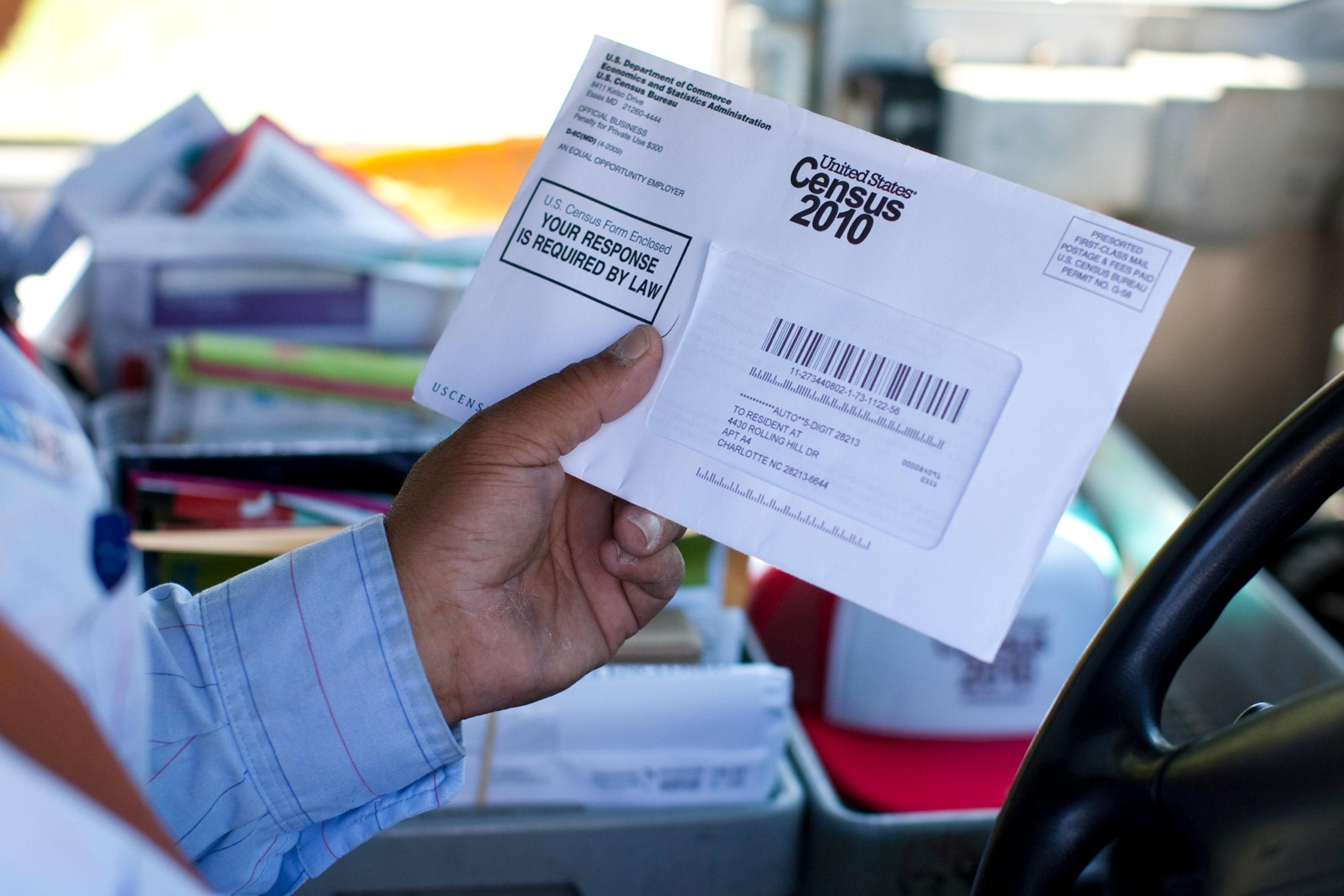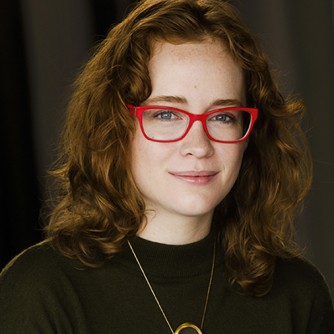
Medicaid, free and reduced lunch, Congressional seats, billions of dollars: It's all at stake in Colorado, and depends on efforts to find close to everyone in Colorado and making sure they fill out a 10-question form -- the U.S. Census.
The stakes would be high enough without a decline in federal funding to help states prepare and a history of undercounting the populations most in need of the programs the Census funds. In Colorado, 5 percent of children under five weren't counted in the 2010 Census.
About $13 billion is on the line for federal funding going to Colorado depending on Census results, said Jeremy Fleming, Jefferson County’s community relations manager. He's helping coordinate Census outreach in the region. Outreach organizers estimate that for every person that’s not counted, it costs the state $2,300 per person per year -- for 10 years.
"For Colorado, to get our fair share of funding, it’s important that we get an accurate count of the adults living in the region," said Steve Erickson with the Denver Regional Council of Governments, or DRCOG.
Communities that are traditionally undercounted in Colorado and across the U.S. are diverse, to say the least. They include people of color, non-English speakers, aging populations, young children, college students and people experiencing homelessness.
A $6 million grant from the state Department of Local Affairs is supporting a lot of this preparation.
That outreach is organized at the state and local levels by municipalities, nonprofits and Complete Count Committees, which are volunteer groups formed by a mix of governments, nonprofits and businesses.
The City of Lakewood, which filed the grant application on behalf of all JeffCo Complete Count Committee members, approved their slice of the funding -- just shy of $67,000 -- at a council meeting Monday night.
"This is the first that I recall that (the city and county) have collaborated (on the Census)," said Ron Ritschard, a City of Lakewood spokesperson.
The decline in money coming from the federal government before the Census and the need for the funds a correct count will provide going forward are pushing the collaborations between groups.
"There used to be a lot more federal funding for outreach," Fleming said. "There was really a necessity to think outside the box for how to work together."
When Lakewood helped file the grant application for the Jefferson County Complete Count Committee, they were in good company -- good, big company.
The Department of Local Affairs received 101 applications, with a total request of $18.8 million far exceeding the $6 million available.
"We did not anticipate that many," said Natriece Bryant with the department. She also heads up the statewide Complete Count Committee.
Lakewood and Jefferson County got their wish, as did 62 other groups.
There are a dozen other cities and counties, the Southern Ute and Ute Mountain Ute tribes, a handful of chambers of commerce and big-name nonprofits like the Denver Coalition for the Homeless and Servicios de la Raza.
On top of the funds, recipients have access to meetings with the others to solve problems together.
"We had a required training that all of the grantees had to attend," Bryant said. "We want people to collaborate. It is imperative that we have collab happening."
The Census begins in March, when mailings from the bureau will start to hit addresses. This time around, residents can submit their responses via phone or online. If their results don't come in, the mailing continue until, eventually, a Census Bureau employee comes door-to-door to attempt to record responses in-person.
It's a lot of money, committees and planning to get at one big root cause for undercounting: a lack of trust.
Aging, racial minority, rural and non-English speaking populations all experience distrust toward the government for a number of different reasons, whether it's a wariness of authority, unfamiliarity with technology or policy battles like whether to add a question about citizenship to the ballot.
"We know that government’s not necessarily the most trusted voice," Bryant said.
That is most commonly seen as an issue for communities of color, Bryant said, but it doesn't account for all undercounted groups.
"Rural communities that don’t have any of those communities living in them, that might have distrust of online response, or have limited connection," she said.
Remote areas are a factor in Jefferson County, which is home to a significant number of small, rural mountain communities. The JeffCo Count Committee included chambers of commerce for places like Evergreen and Conifer to help spread Census information there.
"A lot of the remote mountain communities are more difficult to reach. They’re not as plugged in," Fleming said.
At the same time, there are dense, Spanish-speaking areas in the county like the Sheridan Corridor that require a completely different kind of touch.
"It’s a huge job, it’s going to be hard to get the message out to so many people, but if we can focus those efforts where the response rate is predicted to be low, we can make an impact," Ritschard said.
Meanwhile, DRCOG, a grant recipient for $270,000, is focusing on aging populations for the Census. And that means it finds itself in the position of contradicting messages the message they normally send to aging communities: Don't respond to requests for your information that you don't recognize.
"It’s a little bit tricky for us too in one way, (because) one of the really big issues in the adult population is fraud. There are a lot of people who take advantage of older adults," Erickson said.
That means doing lots of outreach so older adults can recognize Census mailings and forms and know they're legitimate. DRCOG already works with groups including Volunteers of America and Meals on Wheels that are embedded in older adults' lives, and that will help with communication.
"The funding today for aging adults has no kept it up with inflation nor has it kept up with our pop growth," Erickson said. "We need to make certain that we really get this right this time"
And across the board, it requires reminding Census takers that the information they share is confidential and funds their communities for the decade to come. In Colorado, it's even been widely predicted that a new Congressional district could emerge as the state's population growth is accounted for.
"These 10 questions take 10 mins to fill out, but it affects the next 10 years of our lives," Bryant said.









